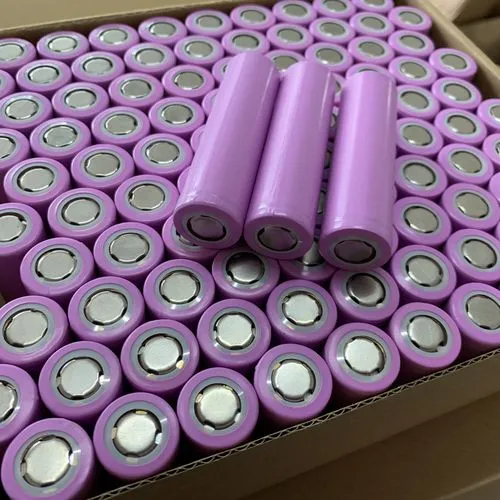Why 18650 Batteries Matter
As portable electronics and electric vehicles continue to shape modern lifestyles, the demand for dependable, high-performance batteries has surged. Among the many options, the 18650 lithium battery has become a global favorite. With its cylindrical shape (18mm diameter, 65mm length), it delivers a balance of energy density, lifespan, and reliability that few other battery formats can match.
From powering laptops and flashlights to enabling electric bikes and cars, 18650 batteries are everywhere. But what makes them so reliable? Much of the answer lies in how they are manufactured and the companies behind them.
The Manufacturing Process of 18650 Batteries
Electrode Preparation
Production begins with the electrodes. A thin layer of active material is carefully coated onto a metal foil, which becomes either the positive or negative electrode. Once coated, the foil is dried, cut into strips, and prepared for winding. Consistency at this stage is crucial because uneven coatings can lead to performance issues or reduced lifespan.
Cell Assembly
The prepared electrodes are then wound around a core and placed inside a cylindrical steel casing. Between them, a separator ensures the positive and negative sides never touch, avoiding short circuits. An electrolyte solution is added to allow ion movement, after which the cell is sealed.
Testing and Quality Control
Every finished cell undergoes rigorous testing to confirm performance, safety, and consistency. This step ensures that only batteries meeting strict standards reach the market.
Leading 18650 Battery Manufacturers
While many companies produce 18650 batteries, a handful of names stand out for their scale, consistency, and innovation:
- Panasonic – Known for high-capacity cells ranging from 2,600mAh to 3,500mAh.
- LG Chem – A global supplier offering reliable cells in the 2,500mAh to 3,500mAh range.
- Samsung SDI – Widely used in consumer electronics and e-mobility, offering excellent performance.
- Sony (Murata) – Early pioneers in lithium battery technology, producing high-performance 18650 cells.
- Tesla – Produces its own cells for use in electric vehicles, focusing on large-scale energy needs.
- Apsenx – Specializes in lithium battery R&D and intelligent manufacturing, offering certified 18650 and 21700 cells along with custom battery packs for global markets.
Factors That Define Battery Quality
Not all 18650 batteries are created equal. Several critical elements influence performance, safety, and lifespan:
- Active Material Quality – Purity and composition directly affect capacity and cycle life.
- Electrode Coating Consistency – Precise application prevents uneven wear and premature failure.
- Cell Assembly Precision – Proper alignment and reliable separators reduce risks of short circuits.
- Electrolyte Purity – Contamination can compromise performance and shorten lifespan.
- Quality Control Standards – Reliable manufacturers implement strict testing before release.
Conclusion: Choosing the Right Manufacturer Matters
The 18650 battery is more than just a component—it’s the backbone of countless devices and vehicles. Its performance depends heavily on the manufacturer’s expertise and commitment to quality.
For consumers and businesses alike, selecting a trusted 18650 battery manufacturer means investing in reliability, safety, and long-term value. Whether for laptops, flashlights, e-cigarettes, or electric mobility, working with a reputable supplier ensures that the technology powering your device is as dependable as the device itself.


Leave a Reply